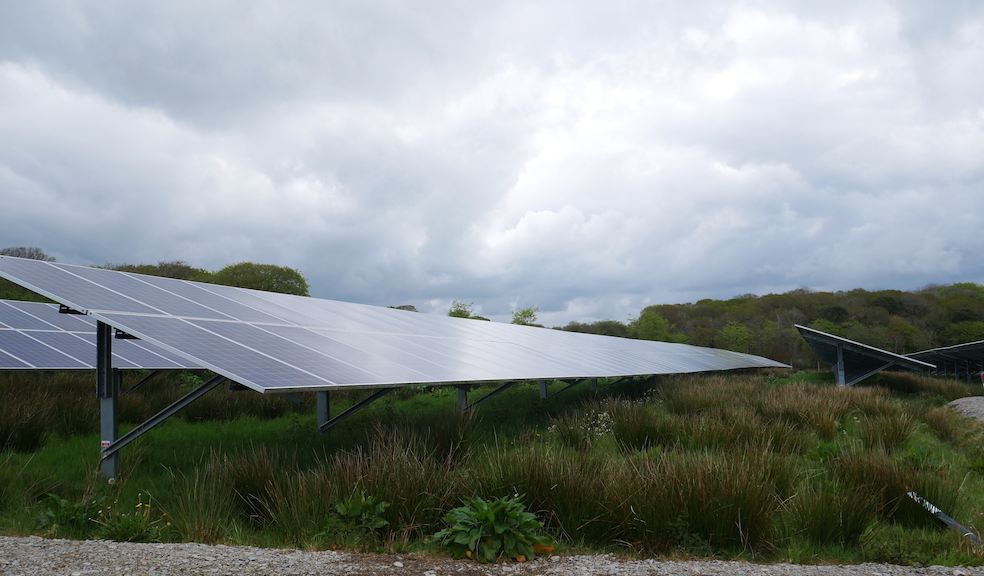
Allowed at appeal: Mid Devon solar farm's 100,000 glass panels will not reflect local democracy, says Devon CPRE
The Devon branch of the countryside charity says the victory of a developer, whose proposals for a solar farm facility larger than 70 football pitches have been allowed on appeal, represents yet another blow to local democracy within the planning system.
Mid Devon District Council’s planning committee had originally rejected plans for the solar farm and battery storage facility at Langford near Cullompton, but the plans have now been given the green light by the Department for Levelling Up, Housing & Communities.
Small, independent charity Devon CPRE was left to fight the appeal alone after the local authority backed out. The charity points out that the final decision on the industrial-scale solar farm that will cover 16 of Devon’s green fields has been made by an inexperienced planning minister, the 14th since 2010 and the third since the public inquiry was held.
Devon CPRE Director Penny Mills says, “You couldn't make it up! It seems to us that when it comes to these massive solar applications, all sense of local democracy goes out of the window. We knew it would be incredibly difficult once the local planning authority decided not to defend at appeal its own planning committee's decision to refuse the application. We were left on our own fighting for our countryside and for the local people. This outcome is not the Christmas present we were hoping for.”
She adds, “The Secretary of State doesn't live near the site, nor do the appeal inspector and the developers. Yet these major developments are being foisted onto our communities against their wishes. Local people objected with valid planning reasons. We backed them up at the public inquiry, fighting on our own. Sadly, to no avail.”
Devon CPRE energy spokesperson Dr Phil Bratby: "The battery energy storage facility (BESS) is one of the main reasons the appeal should have been dismissed. BESS are currently the most dangerous industrial developments allowed - they can lead to fires and explosions, resulting in the release of toxic fumes that can kill people and pollute the environment. They're known as battery bombs for good reason.
“BESS are unregulated; any organisation can seemingly get planning permission to build and operate them wherever they want. Why are they unregulated? Probably because the government believes BESS can help deliver its energy policy, a policy that’s resulted in sky-high energy prices and repeated warnings of possible power cuts. In the Langford case, the size and design of the BESS are not specified, leaving the developer free to install whatever batteries he wishes. We think this is irresponsible and totally unacceptable.”
Furthermore, Devon CPRE highlights the inconsistency of the government’s support for so-called ‘green’ energy projects that involve the transportation of solar panels manufactured on the other side of the world using rare natural resources and often enforced and child labour.
The Devon branch of the countryside charity will continue its ‘Grass not Glass’ campaign against siting large solar farms on Devon’s agricultural land. It argues that precious pasture land is better used for food production. This week the National Farmers Union has also emphasised the need for greater food security in the UK.
The Langford appeal decision comes just a week after East Devon District Council's planning committee debated a proposal for a new solar farm at Marsh Green, near Exeter. Following a discussion lasting almost 3 hours, the committee voted for a site visit. Devon CPRE representatives observing the meeting were surprised a site visit had not taken place as a matter of course before the meeting and were even more surprised that some councillors voted against the idea.













